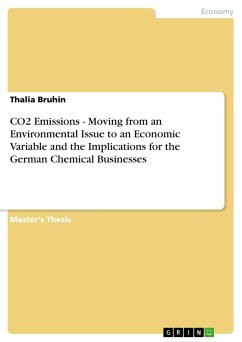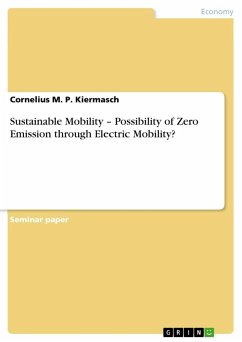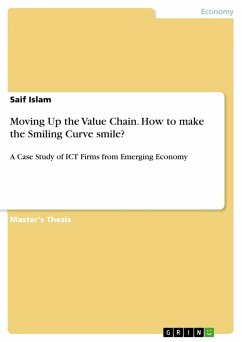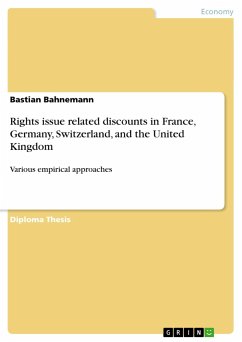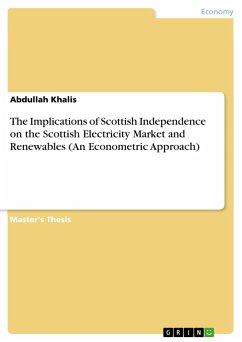Master's Thesis from the year 2009 in the subject Business economics - Miscellaneous, grade: 1, University of Bradford, language: English, abstract: Under the Kyoto Protocol, the European Union (EU) has introduced an Emissions Trading Scheme (ETS) in January 2005 in order to set economic limits to an environmental concern, global warming. This scheme covers industrial plants that can now trade allowances of carbon dioxide (CO2). This new carbon market is the largest of its sort, growing quickly and behaving very similarly to the stock markets. Because of being so new, there is still a considerable amount of uncertainty about its future development, but some first lessons are discussed in the report. Crucial is the allocation of allowances with all its exceptions that can lead to false incentives to actually increase emissions. Allowances now represent a cost that can either lead to competitive disadvantage or present an opportunity to increase margins if allocated for free. Investment decisions are being affected because environmental concerns are translated into a cost that can be evaluated against the costs of other alternatives. Consequences of the US being the worlds largest emitter not ratifying the Kyoto Protocol is addressed. Pitfalls of the system are identified and recommendations given.This report intends to provide an overview on the current situation, focus on the German chemical industry, how it is affected in the short term and what can be expected from the future.

